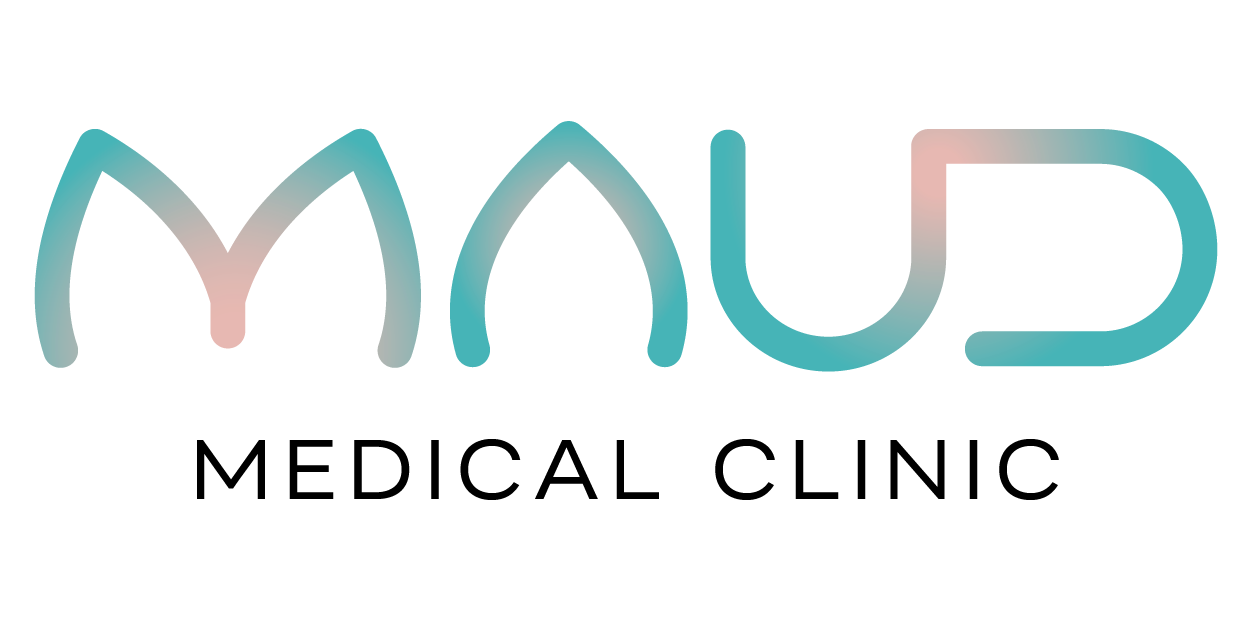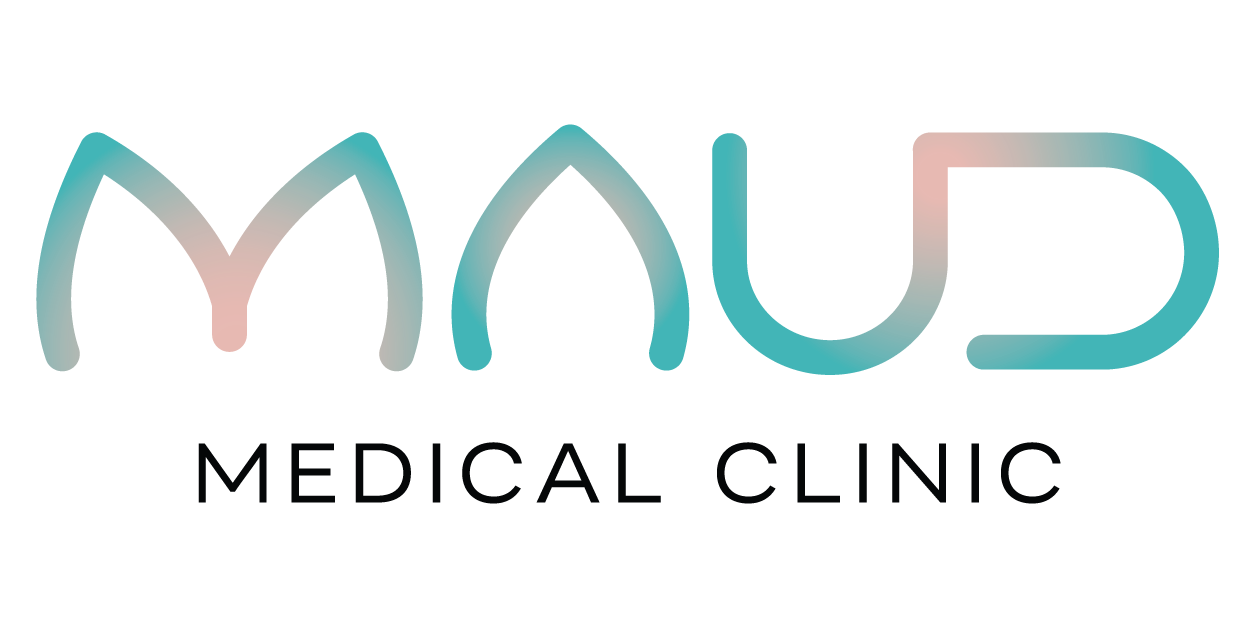Preconception Planning
Preconception Planning: Getting Your Health in Order Before Pregnancy
Preparing for pregnancy involves more than stopping birth control or tracking ovulation. In fact, many doctors recommend women start preconception care several months, sometimes up to a year before trying to conceive. Whether you’re planning your first baby or adding to your family, taking time to assess your health before pregnancy can boost your fertility, lower your risk of complications, and set you up for a healthier postpartum experience.
At Maud Medical Clinic in Calgary, we believe in empowering women with proactive, science-based care. If you’re thinking about becoming pregnant, here’s what you need to know and how a Calgary-based physician can help guide you every step of the way. We can talk about diet, birth control, physiotherapy and more.
Why Preconception Care Matters
Preconception health refers to your physical, mental, and emotional well-being before becoming pregnant. While many people wait to see a doctor once they’re already expecting, research shows that optimizing health beforehand can:
Improve chances of conception
Reduce the risk of miscarriage or birth defects
Help manage chronic conditions like diabetes or high blood pressure
Promote better outcomes for both parent and baby during and after pregnancy
According to the World Health Organization, investing in preconception care can improve long-term health for women, infants, and families across generations (1). It’s about creating a strong foundation before you even take a pregnancy test.
1. Start Prenatal Supplements
Even before you conceive, certain nutrients are critical for your baby’s early development. Folic acid is the most important, low levels in the early weeks of pregnancy can increase the risk of neural tube defects like spina bifida.
Health Canada recommends women take at least 0.4 mg of folic acid daily starting 2–3 months before conception and continuing throughout pregnancy (2). Many prenatal vitamins also include iron, vitamin D, calcium, and B12 to support maternal health.
Ask your doctor or pharmacist to help you choose a high-quality supplement that fits your needs.
2. Update Your Vaccinations
Vaccines protect both you and your future baby. During your preconception visit, your doctor may recommend:
MMR (measles, mumps, rubella) – if you're not immune
Varicella (chickenpox) – if you’ve never had the virus
Tdap (tetanus, diphtheria, pertussis) – a booster is often given during pregnancy, but status can be checked ahead of time
Flu and COVID-19 – safe and recommended for pregnant women
Some vaccines can’t be given during pregnancy, so it’s ideal to get them beforehand. Your immune system and your baby will thank you.
3. Know Your Cycle—and When to Try
Understanding your menstrual cycle can help you identify your fertile window. While most people ovulate around day 14 of a 28-day cycle, it varies greatly between individuals.
You can track your cycle using:
A period tracker app
Basal body temperature
Ovulation predictor kits
Cervical mucus changes
If you’ve been trying for over a year (or 6 months if over age 35) without success, a doctor at a medical clinic who can refer you to a fertility specialist or begin an investigation.
4. Prioritize Mental and Emotional Health
Planning for a pregnancy can bring up a range of emotions, excitement, fear, anxiety, and more. If you're managing stress, grief, trauma, or a history of depression or anxiety, preconception is a good time to check in with your mental health provider.
Supportive counseling or therapy can help build emotional resilience before pregnancy. At Maud Medical Clinic, our physicians can guide you toward resources and referrals for mental wellness.
5. Stop Harmful Substances
Substances like alcohol, tobacco, cannabis, and recreational drugs can affect fertility and fetal development. Experts recommend stopping these before trying to conceive. Even moderate alcohol consumption has been linked to increased miscarriage risk (3).
If quitting feels difficult, you’re not alone. Talk to your doctor for non-judgmental support and resources. The earlier you make changes, the better.
6. Consider Your Weight and Physical Activity
Being underweight or overweight can impact ovulation and pregnancy health. According to the Canadian Task Force on Preventive Health Care, achieving a healthy BMI before conception reduces the risk of gestational diabetes, high blood pressure, and delivery complications (4).
7. Check for Genetic Risks
Some people may benefit from genetic carrier screening before pregnancy, especially if there's a family history of inherited conditions.
Carrier screening can detect if you or your partner carry genes for conditions like cystic fibrosis, sickle cell disease, or Tay-Sachs even if you don’t have symptoms.
8. Talk About Timing and Birth Preferences
While it’s too early to make a birth plan, it’s never too early to talk about your preferences and concerns. Do you hope to have a vaginal delivery? Want to understand pain management options?
Maud Medical Clinic Calgary: Whole-Person Support
At Maud Medical Clinic in Calgary, we offer comprehensive care for every stage of womanhood. If you’re starting to think about pregnancy or just want to get your health on track we’re here to empower you.
Medical services include:
PAP screening, STI/UTI treatment, IUD/Nexplanon contraception, family planning, preconception, sexual function, menstrual comfort, incontinence, postpartum care, and menopause support.
Medical doctor visits are covered by your provincial healthcare card. First-time patients can request an appointment online or drop by for more information. If you’re already a patient, you can book through your AVA patient portal.
At Maud Medical Clinic in Calgary, we support women through both the physical and emotional changes of pregnancy with compassionate, evidence-based care.
After birth, our postpartum care focuses on your recovery and wellness addressing pelvic floor function, incontinence, mental health, breastfeeding concerns, and menstrual comfort. We believe that empowering women with timely, personalized medical support helps create healthier outcomes for both mother and baby. All physician services are covered by a valid provincial healthcare card.
A strong pelvic floor is essential for bladder control, core stability, and even sexual function. Over time, factors like childbirth, aging, and hormonal shifts can weaken the pelvic floor muscles, leading to issues like urinary incontinence, pelvic pressure, or reduced sensation. That’s where EMSELLA comes in. Known as the “Kegel Throne,”
EMSELLA uses high-intensity focused electromagnetic (HIFEM) technology to stimulate thousands of deep pelvic floor contractions in a single, non-invasive session far beyond what can be achieved with exercises alone. It’s completely clothed, pain-free, and typically takes under 30 minutes. EMSELLA is part of our whole-person approach to restoring confidence, function, and control without surgery or downtime.
References
World Health Organization. (2013). Meeting to develop a global consensus on preconception care to reduce maternal and childhood mortality and morbidity. https://www.who.int
Health Canada. (2020). Folic acid and neural tube defects. https://www.canada.ca
Centers for Disease Control and Prevention. (2021). Alcohol Use in Pregnancy. https://www.cdc.gov
Canadian Task Force on Preventive Health Care. (2017). Recommendations on weight management in pregnancy. https://canadiantaskforce.ca
Society of Obstetricians and Gynaecologists of Canada (SOGC). (2023). Preconception Health. https://sogc.org

